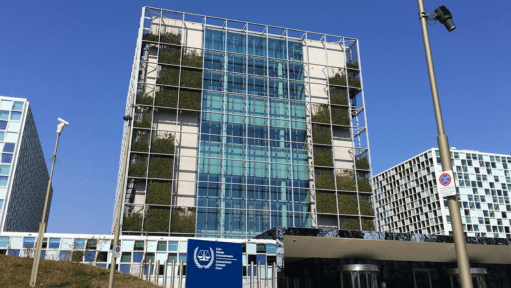
Comparing the International Court of Justice and the International Criminal Court: Distinct Roles in Global Justice
A Comparative Overview of Jurisdictions, Functions, and Enforcement Mechanisms
The International Court of Justice (ICJ) and the International Criminal Court (ICC) are two important international legal bodies, both based in The Hague, that play distinct yet complementary roles in the global legal system. Though they share a common goal of upholding international law, their mandates, jurisdictions, and operational focus differ significantly.
The International Court of Justice (ICJ)
- Established: 1945, under the United Nations Charter.
- Role: It serves as the principal judicial organ of the United Nations, resolving disputes between states.
- Composition:15 judges elected by the UN General Assembly and the Security Council.
- Focus: State responsibility, handling cases between sovereign states to determine if international law has been breached.
- Jurisdiction: Broad jurisdiction over international law matters, such as territorial disputes, diplomatic issues, and violations of treaties.
- Consent: States must consent to the court’s jurisdiction in a particular case.
- Decisions: Binding, but the court lacks a mechanism to enforce its rulings.
- Advisory Opinions: Provides non-binding legal advice to UN bodies and other international organizations.
The International Criminal Court (ICC)
- Established: 2001, under the Rome Statute.
- Role: An independent court that prosecutes individuals for grave international crimes.
- Focus: Crimes such as genocide, war crimes, crimes against humanity, and aggression, holding individuals accountable.
- Jurisdiction: Limited to cases involving nationals of member states or crimes committed on their territory, unless the UN Security Council refers a case.
- Enforcement: Relies on member states to arrest suspects, as the ICC has no police force.
- Prosecution: Conducts criminal trials and has the power to impose penalties, including imprisonment, fines, and reparations for victims.
Key Distinctions
- ICJ: Resolves legal disputes between states and addresses issues of state responsibility.
- ICC: Prosecutes individuals for the most serious international crimes.
- Jurisdiction: The ICJ has a wider jurisdiction on matters of international law, while the ICC focuses specifically on grave international crimes.
- Enforcement: ICJ rulings are binding but lack direct enforcement, whereas the ICC relies on state cooperation to carry out arrests and enforce its rulings.
Contemporary Context
- ICJ: Currently involved in hearing cases such as the accusations of genocide against Israel concerning the conflict in Gaza.
- ICC: The prosecutor has requested arrest warrants for key figures allegedly involved in the same conflict, targeting individual criminal responsibility.
Conclusion
The ICJ and ICC both play vital roles in the international legal system but operate with distinct functions: the ICJ focuses on resolving disputes between states, while the ICC seeks justice for individuals responsible for serious international crimes. Together, they contribute to the pursuit of global justice by addressing both state and individual accountability.
For any enquiries or information, contact ask@tlr.ae or call us on +971 52 644 3004. Follow The Law Reporters on WhatsApp Channels.